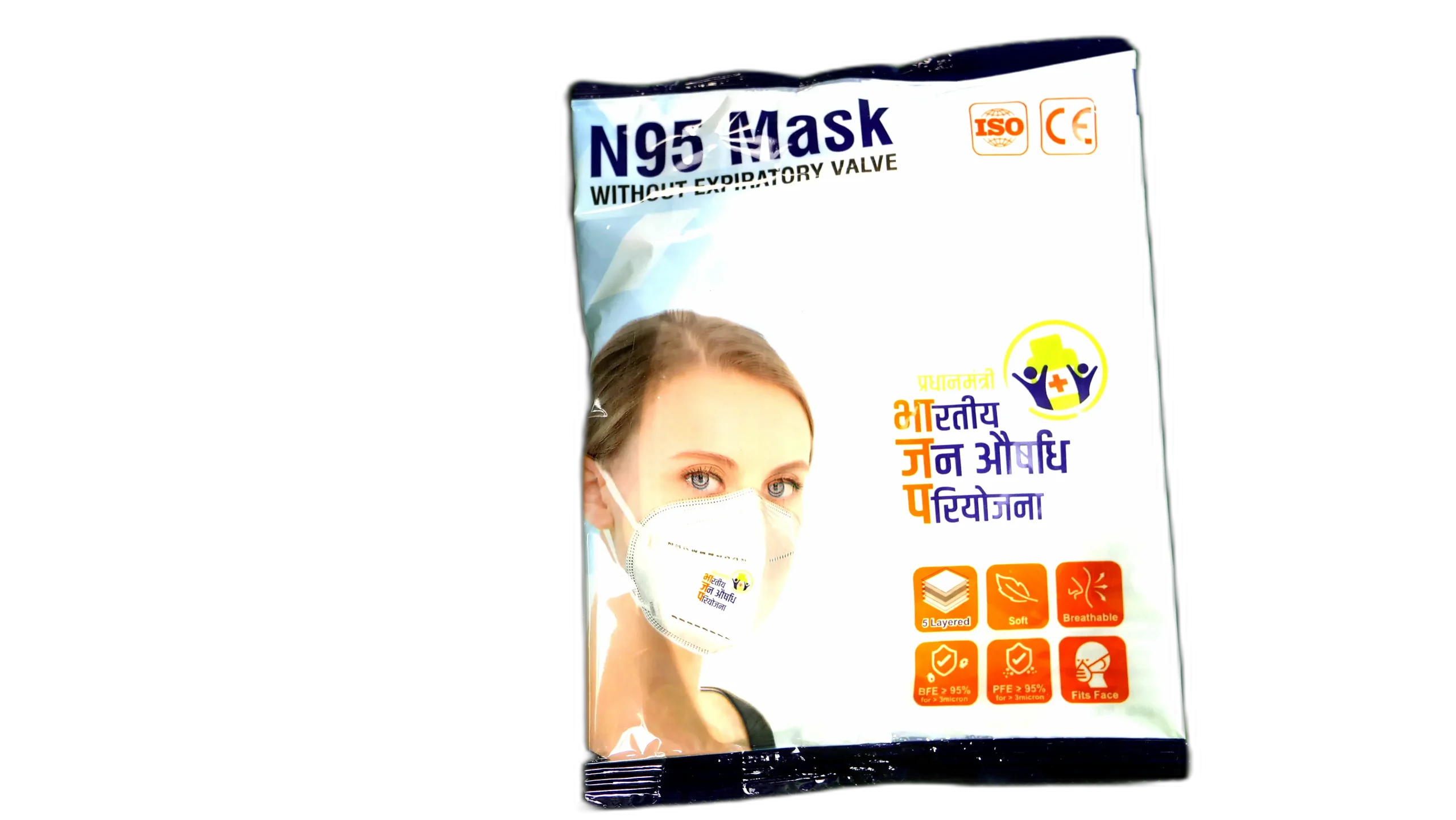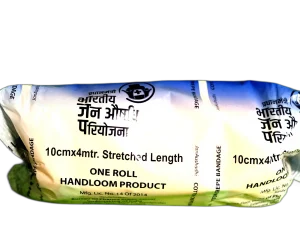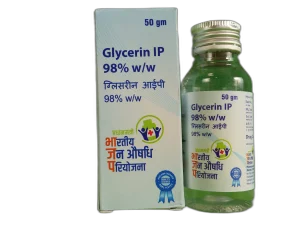◉An N95 face mask is a type of respirator that is designed to fit closely to the face and filter out at least 95% of airborne particles, including large and small particles. It is often used in healthcare settings to protect against infectious agents, such as viruses and bacteria, that can be transmitted through the air
N95 masks are made of multiple layers of synthetic materials that provide both filtration and breathability. The outer layer of the mask is typically made of a hydrophobic material, such as polypropylene, which repels droplets and prevents the mask from getting wet. The inner layer is usually made of a softer material that is comfortable against the skin
The N95 designation means that the mask has been tested and certified by the National Institute for Occupational Safety and Health (NIOSH) to filter out at least 95% of airborne particles that are 0.3 microns in diameter or larger. This level of filtration is highly effective at reducing the spread of infectious agents, but it also means that N95 masks can be more difficult to breathe through than other types of masks
N95 masks should be properly fitted to ensure maximum protection. They should be tight enough to create a seal around the face but not so tight that they are uncomfortable or restrict breathing. N95 masks should also be disposed of after each use or when they become damaged or soiled.
Composition of Drug
◉This is a Jan aushadhi N95 mask.
How does the Drug work
◉N95 face masks are designed to provide a high level of protection against airborne particles, including viruses and bacteria. They are made of multiple layers of non-woven polypropylene fabric that is electrostatically charged to attract and trap particles
When worn properly, an N95 mask creates a seal around the nose and mouth, filtering out at least 95% of airborne particles, including large respiratory droplets and smaller aerosols. The electrostatic charge of the mask’s material helps to attract and trap particles, making it more effective at filtering than a regular cloth or surgical mask
It is important to note that N95 masks are designed to be single-use only and should be disposed of after use. Reusing or sharing N95 masks can increase the risk of infection and reduce their effectiveness.





